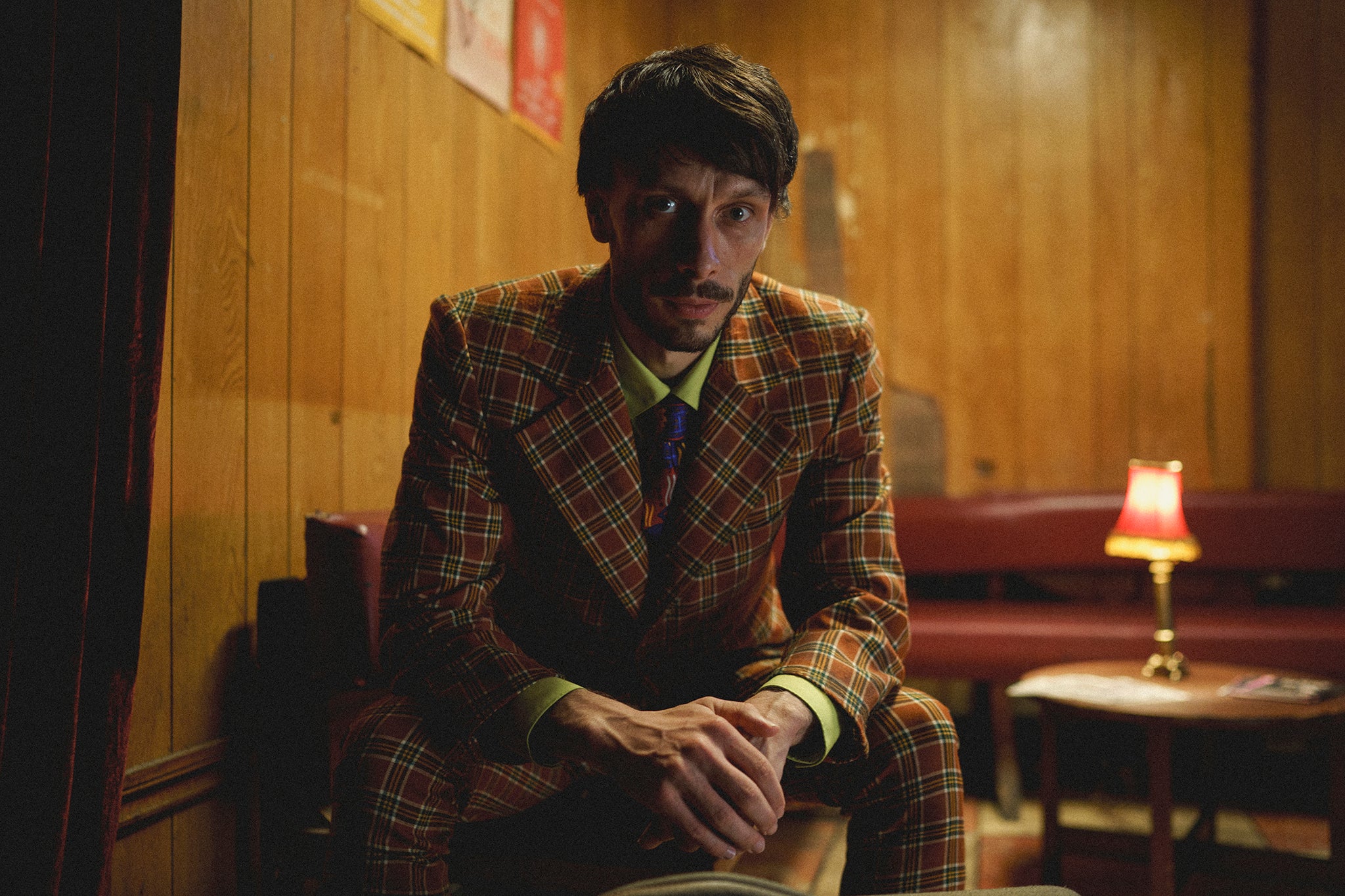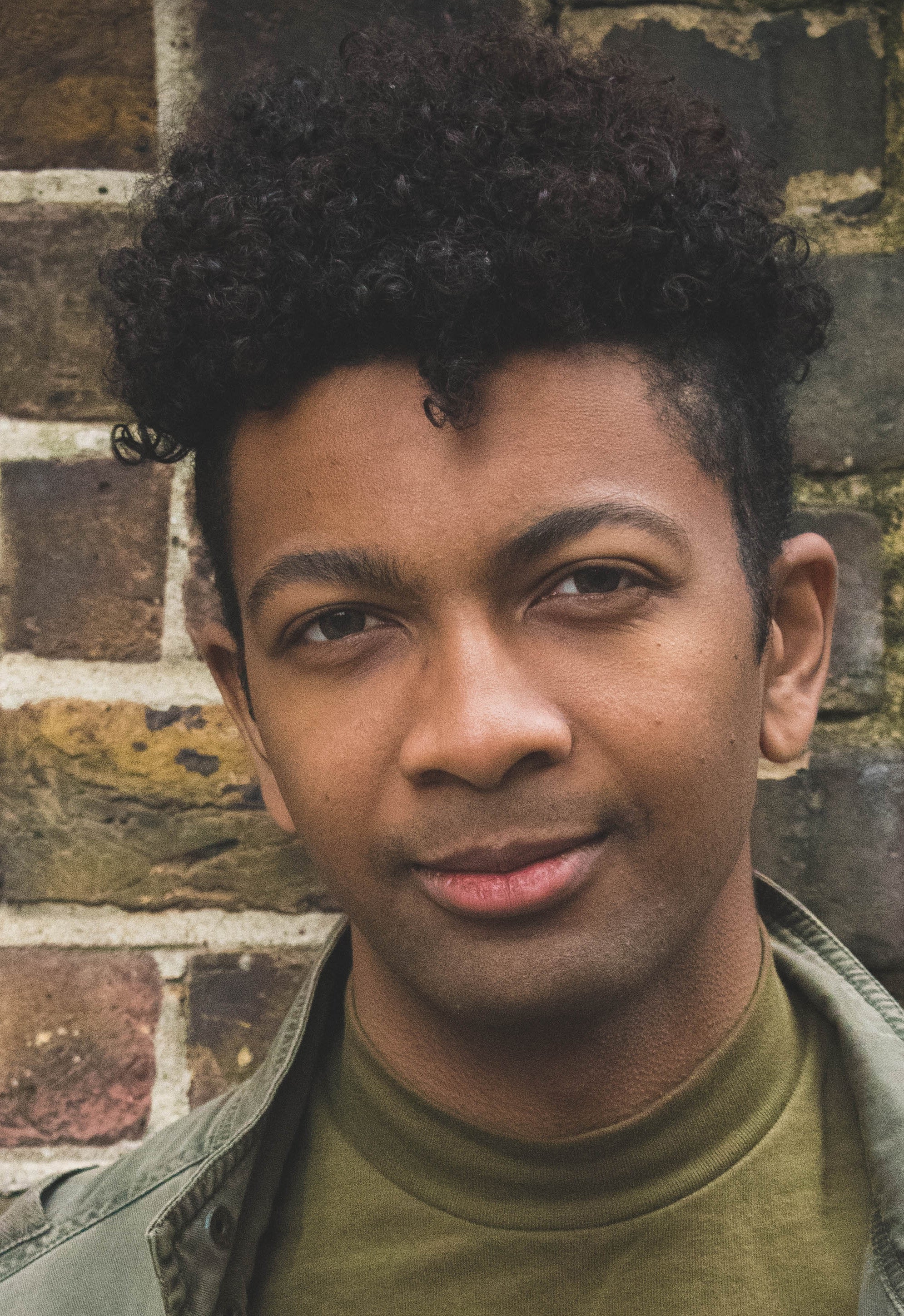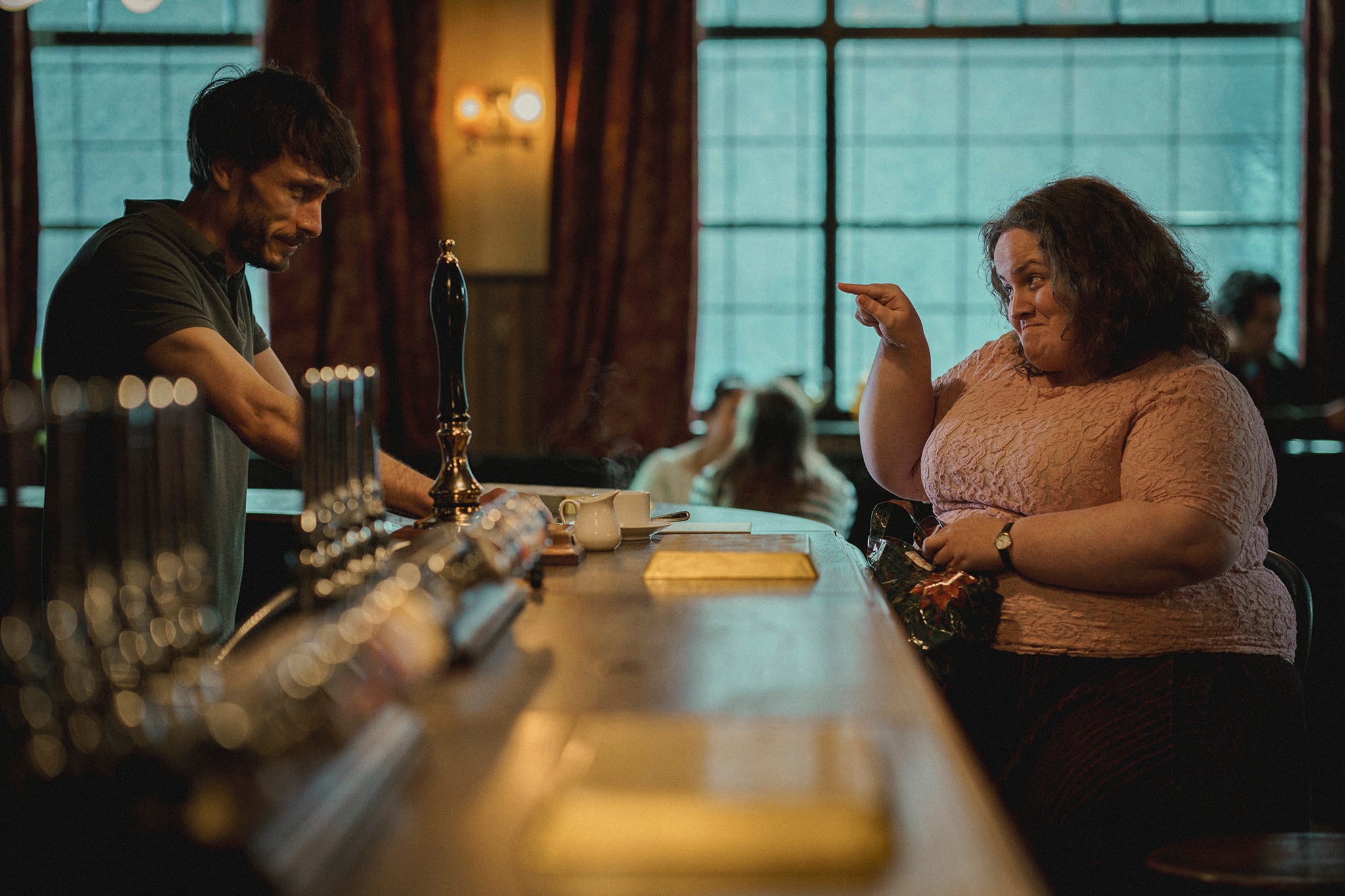‘Baby Reindeer was more than a single weird story for me – it was about my life too’
Comedian Richard Gadd’s true-story series about Donny, who is stalked by an obsessive woman and has to come to terms with being the victim of a rape by a man years earlier, is number one on Netflix. For the playwright Tanaka Mhishi it was all too familiar…

Here’s a tip for other thirty-something men; when an acquaintance asks you what you thought of Baby Reindeer, you should absolutely not call it “relatable”. Especially if she’s just said it was one of the most deeply uncomfortable things she’s ever seen. In all fairness, I’d only watched the first two episodes at the time.
For those who haven’t yet seen Baby Reindeer, which is currently the number one Netflix show in the UK, it follows aspiring comedian Donny’s experience of being sexually assaulted by a man. This trauma remains largely buried until he encounters Martha, a woman who stalks and eventually also assaults him and the people he cares about. The show was written by and stars Richard Gadd, and closely mirrors his own experiences.
My experience is very different to Gadd’s Donny, but there were still moments of deep recognition. I’d started watching Baby Reindeer the same week that I found out that one of the men who’d sexually harassed me had previously been convicted for a series of sex crimes against women. This was my first landlord, back when I was 18 and lived with a man who made a habit of taking in young men as lodgers and slowly grooming us past our sexual boundaries.
I thought I could handle it; this was neither my first nor my last encounter with a sex offender. Then I woke up to find a stranger pressing his erection into the small of my back. It turned out the landlord had allowed and encouraged him access to my bed, possibly in exchange for money.

Fast forward 12 years and I googled the landlord’s name, only to find several articles about an earlier conviction and sentencing a few years before I met him. Reading between the lines, it seemed that he had left prison, moved back into the same property and immediately set about committing exactly the same offences. But this time, against young men rather than young women. He’d gambled, perhaps, that this would be a “safer” form of abuse; less likely to arouse suspicion even when it was happening in plain sight.
The moment when a search engine tells you that the faintly pathetic goofball you’ve been interacting with is actually a seriously dangerous person doesn’t feel the way you’d expect. Disconcerting? Sure. But it’s so surreal that you almost don’t take it seriously.
Like Donny – and Gadd himself – I’ve experienced abusive behaviour at the hands of both men and women.
The first woman I told about my experience with the landlord was also someone who had control over my housing situation. She used it as an opportunity to attempt to coerce me into sex by saying it would “make me forget all that”, and later that I needed to “prove” my bisexuality by sleeping with her.
There is an eerie parallel to a scene between Martha and Donny, right down to the faux-playfulness and comfort she offers him. It’s a set of experiences that most people don’t believe. I spent years prioritising the decision to talk about my male rapist because it seemed a more credible kind of crime. Donny goes the other way, reporting Martha to the police but continuing to hide the male offender.
Having been researching the way male-on-male sexual abuse is portrayed in media for my next book, Baby Reindeer didn’t feel uncomfortable to me. It felt like a breath of fresh air. It is vanishingly rare to find a depiction of a man who has been sexually assaulted, but who is also a whole human being rather than the butt of a joke. Gadd’s Donny is far from perfect. He lies, dreams, messes people about, cracks jokes. He even dates, albeit not very well. Again, broadly relatable.
Although at least one in six men will experience some form of sexual assault in our lifetimes, many of us are still turned away when we find the courage to ask for help. I had friends drop me immediately after I spoke up. Others simply laughed. My GP at the time couldn’t look me in the eye after I told him what had happened to me.
For most British men, finding meaningful help can still take years of persistence – and in some areas of the UK can be completely inaccessible
In my working life, I’ve had people – even professionals with decades of experience dealing with female survivors – react to the fact that I’ve had similar experiences with barely disguised contempt or aggression. Something about this subject makes them so existentially uncomfortable that they will do anything to avoid empathising with a man who has had these experiences.
The UK government currently tackles sexual offences against men as a form of Violence Against Women and Girls (VAWG), a bizarre choice which makes it difficult to accurately track, and prevent violence against men and boys. The logic here is that because women and girls are more likely to face these forms of crime, their experiences should be foregrounded. That makes sense in theory, but in practice it means that the needs of men, boys and non-binary people are awkwardly bolted on or, frequently, forgotten altogether.
The only real “advantage” of this framework is that it allows us to look away from the full picture of intimate forms of abuse. The fact that it impacts women disproportionately, but that we also all love male survivors. The fact that people can be both victims of abusive systems and also complicit in them. The fact that we cannot tell whether someone is safe or not based solely on how they look.
There were moments during Baby Reindeer when I was worried for Gadd and the people around him. I personally know at least six men, myself included, who have written shows about their experiences of sexual violence. It can be a dangerous undertaking which requires a huge amount of care, and if Netflix came calling I’m not sure how many of us would say yes. That said, I can well understand the impulse to shove an unspoken trauma into the faces of as many people as possible. For some of us, it can feel like the only chance to be heard.
Donny’s experiences were different to mine, but the reactions of the people around him were not. Almost everyone seems to blame him for the situations completely outside his control – being raped and then stalked. The people and institutions meant to support him almost all fail to do so. The damaging things he does to himself are allowed to spiral until they begin impacting other people.

The way Donny, confused about his sexuality after being assaulted, treats his love interest Teri, for instance, is frankly awful. He is dishonest and treats her badly in ways that are unacceptable generally, but specifically hurtful to transgender women. It’s an extreme example, but it shows how undersupported male survivors’ trauma can overflow and impact the people we care about.
I remember saying deeply hurtful, angry and undermining things to my friends in the wake of my assault. In order to change that behaviour I had to rely heavily on my female mentors because – as for most men in the UK at the time – neither the men in my life nor the institutions around me were able to offer me any support to change, even when I was willing to put in the work.
That was 10 years ago, and things are a little better now. SurvivorsUK, the organisation that runs the national UK helpline for male and non-binary survivors of sexual violence is already seeing a number of calls referencing the show as Baby Reindeer gains popularity. But still, too many British men find accessing meaningful long-term help can still take years of persistence – and in some areas of the UK can be completely inaccessible.
The difference between a world of experiences like Donny’s and those like mine is the people around us, and their capacity not to turn away because our experiences make them uncomfortable. The women who helped me mostly did so unpaid and outside their job descriptions, taking on enormously skilled therapeutic work that they had never been trained for simply because there was no one else to do it. It was these people and, later, other women, men and non-binary people, who helped me tame my emerging destructive impulses. Years later, I credit them with enabling me to offer others similar support, and with my ability to live a life that includes more joy than the 18-year-old me could ever have imagined.
What Baby Reindeer offered me is more than a single weird story and it’s even more than Richard Gadd’s personal experience. It offers hope. By remembering that these experiences happen to the men around us we can start to bring them out of the shadows and deal with them together. If that’s not worth a little discomfort then I don’t know what is.
Tanaka Mhishi is a writer and performer. He is the author of Sons and Others: On Loving Male Survivors, a new look at the way sexual violence impacts mens’ relationships and identities. He serves as vice chair of trustees at SurvivorsUK which supports male and non-binary survivors of sexual violence. https://www.survivorsuk.org/






Join our commenting forum
Join thought-provoking conversations, follow other Independent readers and see their replies
Comments